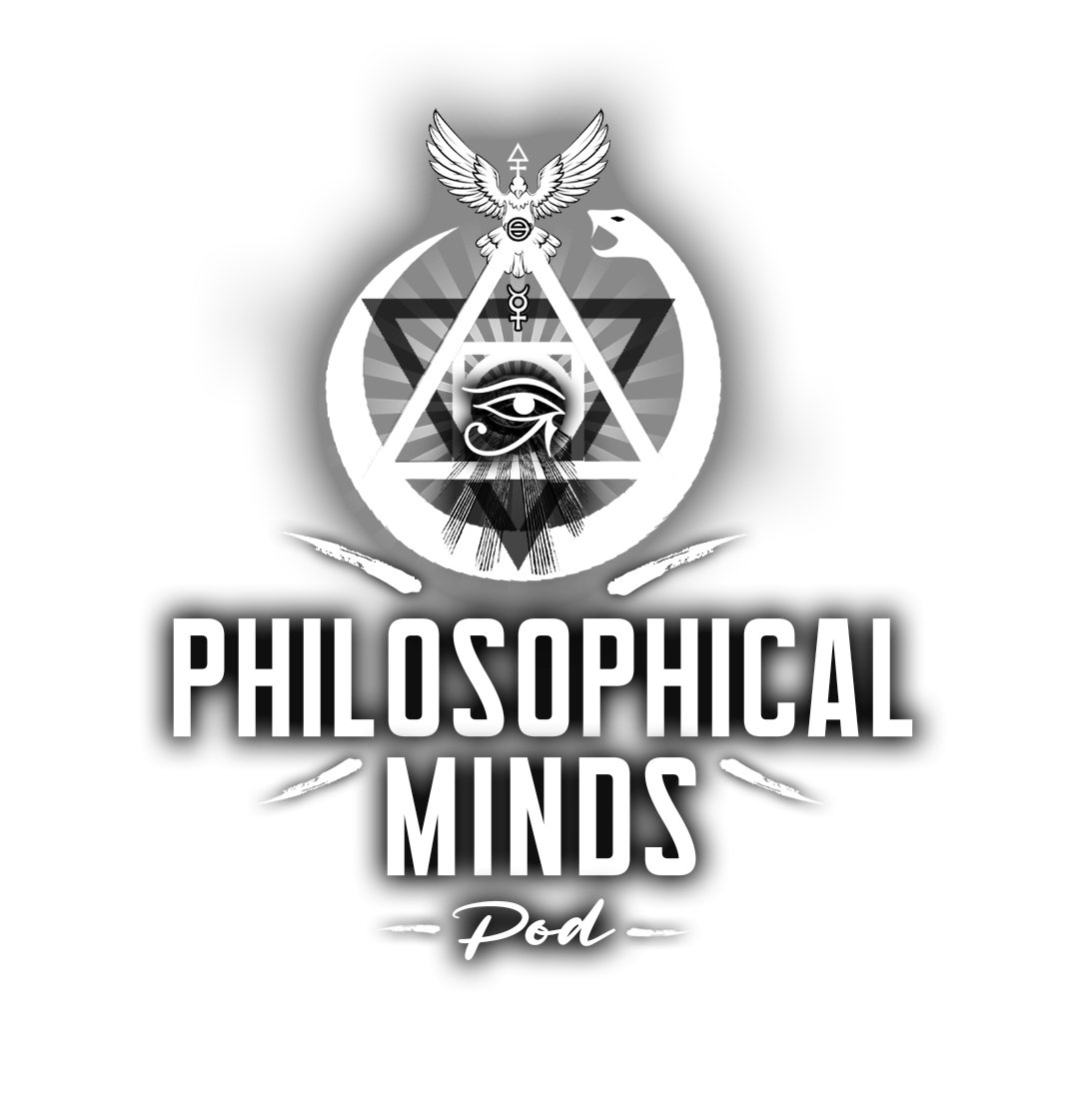The Neoplatonic and Esoteric Virtues: A Journey Through the Inner Planes
The concept of virtue within the Neoplatonic and occult traditions transcends mundane moralities. Here, virtue is viewed as a fundamental force, an intrinsic quality of the soul that aligns it with the divine and the cosmic order. Understanding these virtues allows us to glimpse the mechanics of spiritual ascent, the means by which the soul purifies and elevates itself, seeking unity with the One.
The Hierarchy of Virtues: The Ascent of the Soul
Neoplatonism, rooted in the philosophies of Plato and expanded upon by thinkers like Plotinus, Porphyry, and Proclus, presents a hierarchical system of virtues. This hierarchy reflects the soul’s journey from the material to the spiritual, with each step representing an initiation into deeper mysteries and higher states of being.
Civic Virtues (Virtutes Politicae): The soul’s ascent begins with civic virtues, which pertain to ethical conduct within society. These virtues—justice, temperance, courage, and prudence—ground the soul in the material world while establishing the discipline necessary for further spiritual endeavors. In the occult sense, they serve as a first purification, harmonizing the microcosm with the macrocosm and ensuring that actions align with cosmic law.
Purifying Virtues (Virtutes Catharticae): As the soul progresses, it encounters purifying virtues that facilitate detachment from lower desires and the material plane. These virtues concern the purification of the psyche, clearing the fog of ignorance and passion that obscures higher truths. In occult practice, this stage aligns with rigorous self-discipline and inner alchemy, refining thoughts, emotions, and instincts—much like the alchemist purifying base metals into gold.
Theoretical or Intellectual Virtues (Virtutes Dianoeticae): Beyond purification, the soul engages with intellectual virtues, which involve cultivating wisdom, understanding, and contemplation. These virtues connect with the rational part of the soul, elevating it towards the divine intellect (Nous). In occult terms, this stage enables the practitioner to perceive and manipulate the subtle energies of the astral and mental planes, sharpening the mind’s eye to uncover archetypal realities underpinning the physical world.
Contemplative Virtues (Virtutes Theoreticae): At the pinnacle of Neoplatonic virtues are the contemplative virtues, aligning the soul with the divine. These virtues embody the highest form of knowledge—a direct, intuitive understanding of the One, the source of all being. In the occult tradition, this stage encompasses true theurgy, where practitioners engage in rituals to invoke the divine presence, allowing conscious participation in the cosmic order. Here, the soul transcends material dualities to unite with divine essence.
The Occult Virtues: Embodiments of Cosmic Forces
In esoteric traditions, virtues are seen as living forces, embodiments of cosmic principles governing both the individual soul and the universe. Each virtue corresponds to specific energies, deities, or archetypes, and cultivating them aligns the practitioner with these cosmic currents.
Faith (Fides): In the occult context, faith is more than belief; it is the force bridging the seen and unseen worlds. It represents the intuitive certainty of spiritual realms and the soul’s ability to commune with them, sustaining the practitioner through trials and ensuring that the divine light remains within reach.
Will (Voluntas): Will is the dynamic force driving the magician or occultist forward. It embodies the concentrated energy of the soul, capable of shaping reality according to intent. In Neoplatonic terms, will aligns with the Nous, ensuring that the practitioner’s actions harmonize with divine will.
Wisdom (Sapientia): Wisdom encompasses deep, intuitive understanding of cosmic mysteries. It transcends mere intellectual knowledge, allowing practitioners to perceive the underlying truths of existence and connecting the soul to the divine intellect, facilitating contemplation of higher realities.
Courage (Fortitudo): Courage empowers the soul to face spiritual trials. It represents inner strength to confront darkness, both within and without, acting as a shield against fear and ensuring steadfast pursuit of the divine.
Love (Caritas): Love is the most potent of the occult virtues, the force that unites all things in the cosmos. It embodies the divine within the material world and serves as the driving force behind the soul’s ascent, harmonizing the practitioner with the cosmic order.
The Synthesis of Virtues: The Path of Return
The Neoplatonic and occult virtues are interdependent aspects of the soul’s journey, representing the stages of spiritual ascent as the soul returns to its divine source. Cultivating these virtues is the central task of the esoteric practitioner, transforming the soul and aligning it with cosmic order.
Ultimately, virtues serve as the compass and guide for those traversing the inner planes. They unlock the mysteries of the self and the cosmos, enabling the soul to realize its divine potential. Through the cultivation of these virtues, practitioners achieve personal transformation and contribute to cosmic harmonization, fulfilling their role as co-creators with the divine.
Thus, the study and practice of Neoplatonic and occult virtues are not mere philosophical exercises but integral to the great work of spiritual ascent—the path that leads to the One, the source of all life and being.
